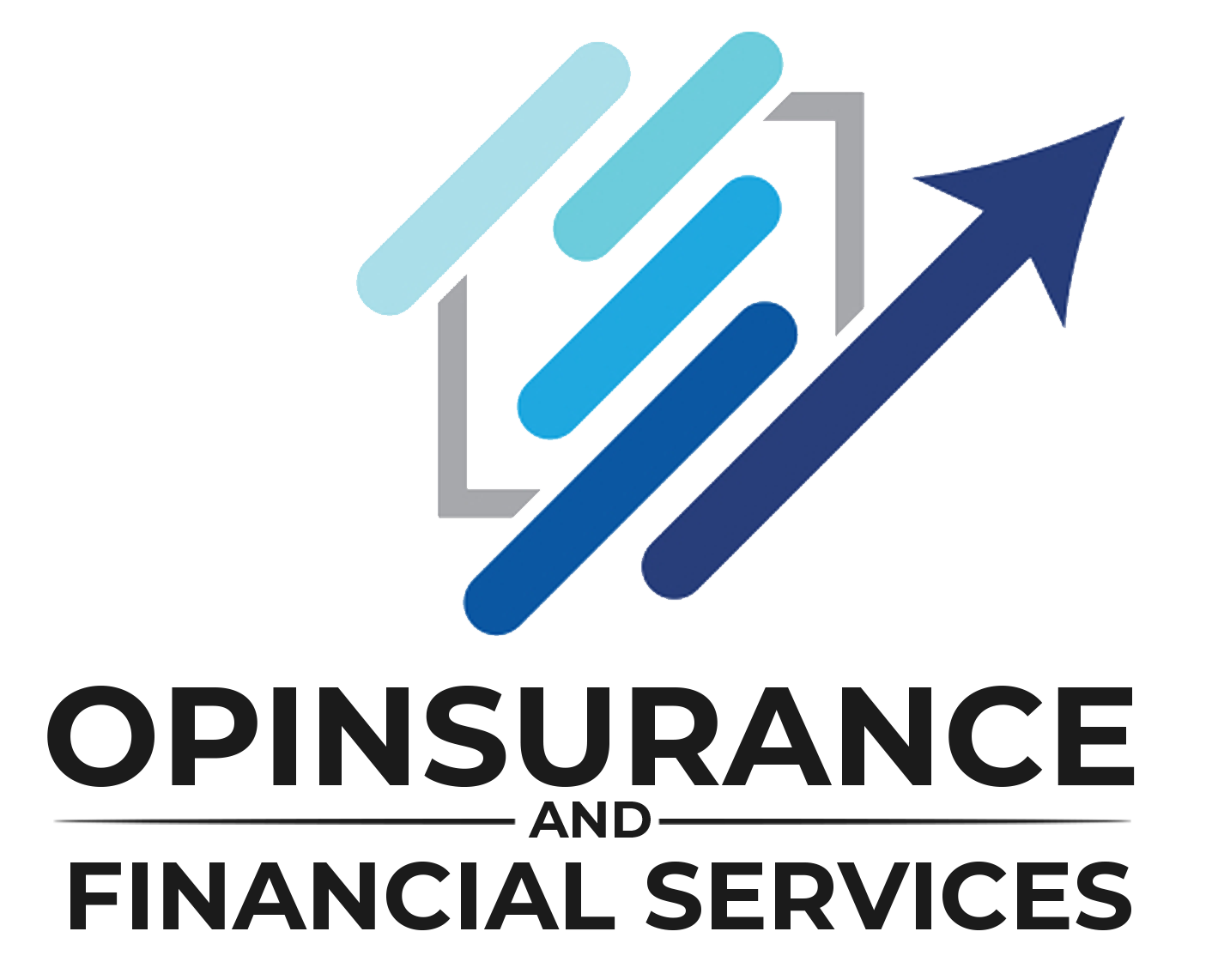Bussiness
Practical Insurance and Financial Advice You Can Count On
- Trusted
- Experienced
- Professional
Small Business Insurance Basics
No matter the size of your business, you will need some level of insurance to protect you and your business. Insurers often combine several insurance policies into a package sold as a single contract for small businesses. Small companies’ most common p policy is the Business Owners Policy (BOP).
Essential Coverage
Property insurance compensates a business if the property used in the industry is lost or damaged due to re or theft.
In addition to the building or structure, property insurance covers personal property such as furnishings, inventory, raw
materials, machinery, computers, and other items necessary to a business’s operations. Depending on the policy, property insurance
may include coverage for equipment breakdown, debris removal after are or another destructive event, some types of water
damage, and other losses. It may also provide operating funds when the business is trying to get back on track after a catastrophic
failure.
Liability Insurance
Any business can be sued. Customers may claim the business caused them harm due to a defective part, an error in a service or
disregard for another person’s property. If the business is found liable, liability insurance pays damages, up to the policy limits, as well
as attorneys’ fees and other legal defense expenses. It also pays the medical bills of anyone injured by or on the premises of the
business.
Business Auto Insurance
A business vehicle policy covers cars owned by a business. The insurance pays any costs to third parties for bodily injury or property
damage for which the business is legally liable, up to the policy limits.
Workers Compensation Insurance
In all states but Texas, an employer must have workers’ compensation insurance when there are more than a certain number of
employees. The minimum number varies from three to ve, depending on the state. Workers Comp insurance pays for medical care, as this coverage is usually called. It replaces a portion of lost wages if an employee is injured in employment,
regardless of who was at fault for the injury.
If a worker dies because of injuries sustained while working, the insurance compensates the employee’s family. A tiny business with one or two people working out of a home may not need workers’ compensation insurance. But, it may
need more property and liability insurance than a typical homeowners policy offers.
Other Types Of Business Coverages
Errors and Omissions Inssurance/Professionals Liability
Some businesses involve services such as consulting, design functions or representing the needs of others, which can lead to being
sued by customers or clients, claiming that the business’s failure to perform a job properly has injured them or caused some
harm. Errors and omissions or professional liability insurance cover these situations. The policy pays the judgment for which the
insured is legally liable, up to the policy limit. It also provides legal defense costs, even when there has been no wrongdoing.
Employment Practices Liability Insurance
Employment practices liability insurance covers (up to the policy limits) damages an employer is legally liable for, such as
violating an employee’s civil or other legal rights. In addition to paying a judgment for which the insured is exposed, it also provides legal
defense costs, which can be substantial even when there has been no wrongdoing.
Key Employee Insurance
When certain key employees die or become disabled, income insurance can compensate the business. This coverage cushions some
of the adverse financial consequences that result from losing a key employee.
Umbrella Policies
As the name implies, an umbrella liability policy provides coverage beyond the business’s other liability insurance policies. It is
designed to protect against unusually high losses and provides protection when the policy limits of one of the underlying policies have
been used to the limit. The umbrella policy covers beyond the general and auto liability policies for a typical business.
Additionally, if a company has employment practices liability insurance or other types of liability insurance, the umbrella could provide
protection beyond the limits of these policies.
Protect Your Business with Key Person Insurance
Keyperson insurance is a critical component of any organization because it can help the company survive the blow of losing an
an integral member of your business.
Replacing a key person takes time and money and could cost your valuable business clients during the transition. Critical person life
insurance offers a death benet that can help cover financial losses at the end of a vital person. This helps assure
business continuity for employees, customers, and creditors.
Taking out a key person policy on your top employees also arms their value to your business, strengthening the relationship.
Other features of key person Insurance
- The death benefit can be used to recruit and develop a replacement for the previous key employee
- Coverage is a business asset that enhances your company’s creditworthiness for commercial borrowing
- The policy’s cash value may be available to your business through a withdrawal or loan if needed
- The business pays the premiums, and they are non-deductible
How much life Insurance is needed on a key employee?
This is a difficult question, and budget will undoubtedly be a factor. Most life insurance companies will approve up to 5-10 times the key employees’ annual salary, including bonuses. Age will be factored in as well on the multiple of income allowed. The insurance carrier will want to know the nature of the business when the company was started, the company’s net worth, if the key person is an owner of the business, and if all key people will be insured. Insurance carriers will want to see that all key people or owners of the company will be guaranteed. It’s a red ag to them if any key persons or owners aren’t being insured unless they are uninsurable.

